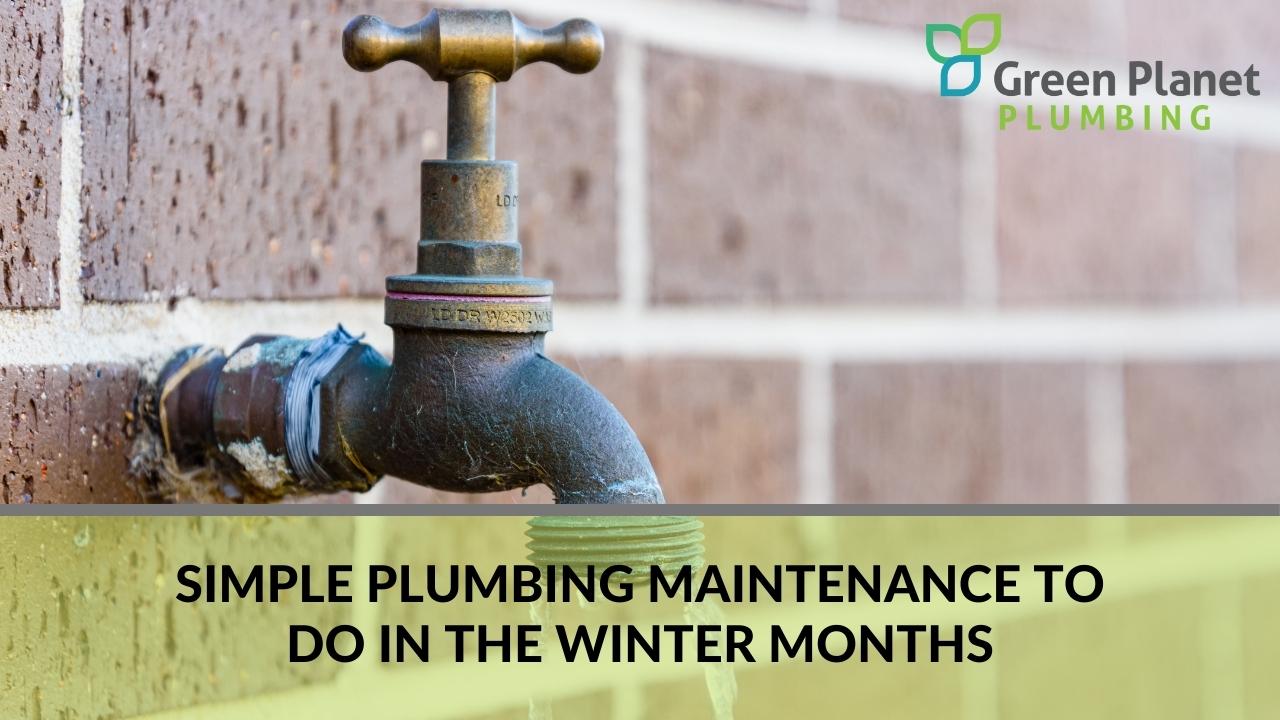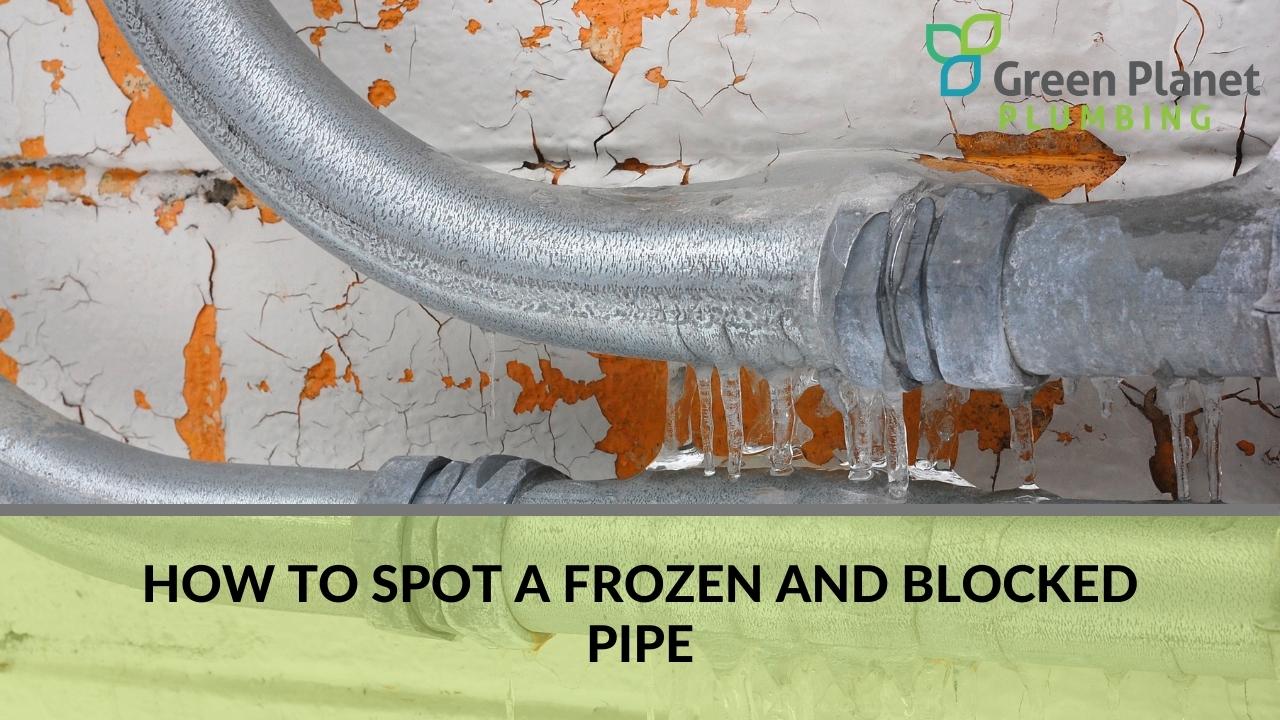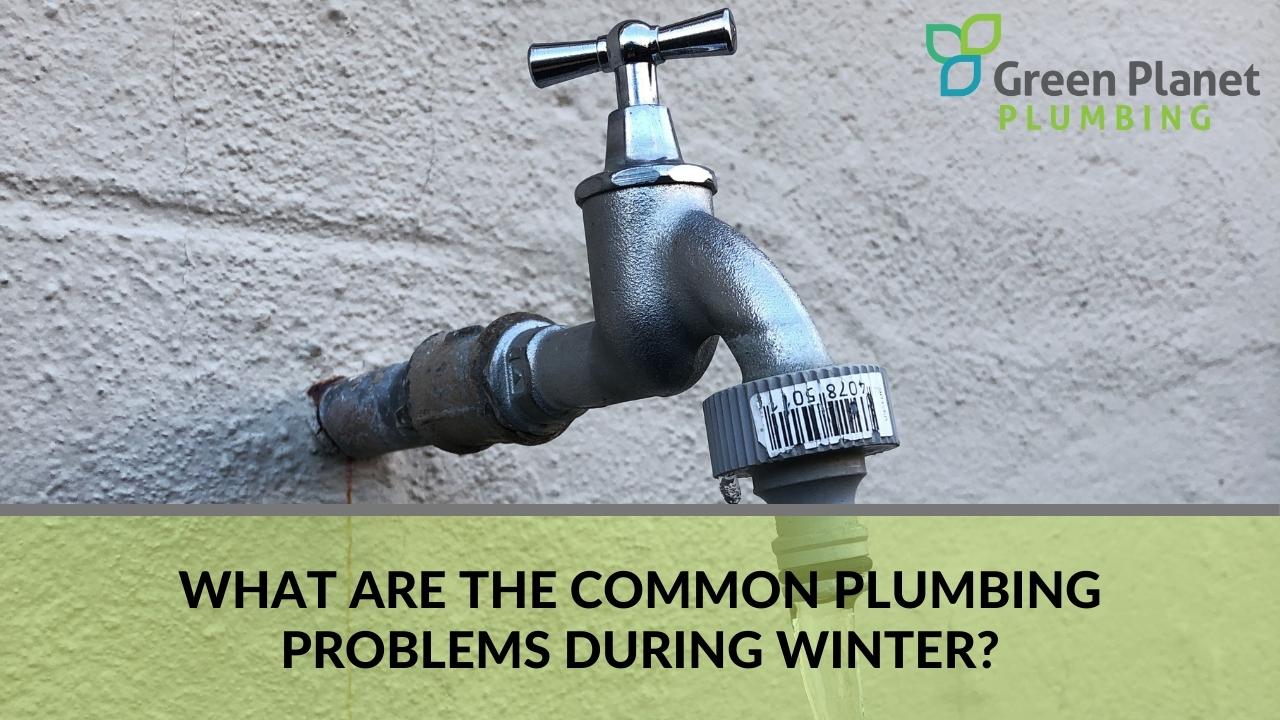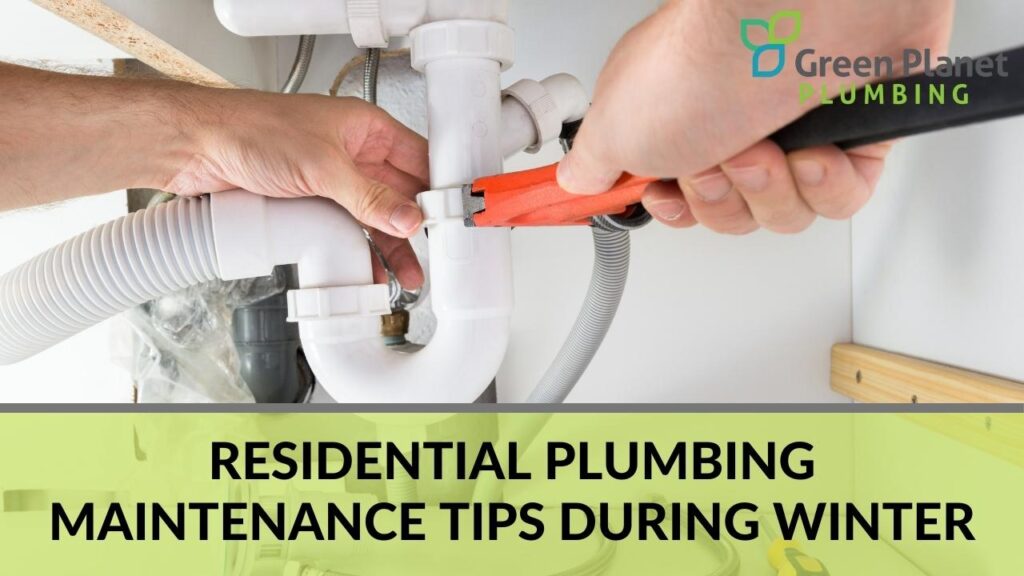Winter is here. Protect your pipes, water heater and entire plumbing system.
The cold months require many preparations. Therefore, getting the house ready for winter is a must. Proper preparation can mean the comfort and safety of everyone in the house and protects the property from the damages that winter can bring.
One aspect of the house that will need some special attention during winter is the plumbing. Water expands as the temperature drops to as low as 4 C. Frost formation is something that residents of Newcastle and the surrounding areas should be mindful of during winter. While this may not be an issue in small amounts, it can be potentially damaging to the plumbing system, where it can increase the pressure on the pipes, resulting in pipes bursting.
Bursting pipes can lead to a costly disaster that homeowners would want to avoid. When pipes crack, they can release a massive amount of water into the home, resulting in a catastrophe. It can damage furniture and appliances and even flood the house, affecting the integrity of the house’s foundations – not to mention the inconvenience it will bring to everyone in the house.

Simple plumbing maintenance to do in the winter months
Of course, before winter even sets foot, it is practical to call a trusted plumber to do a comprehensive check on your plumbing system. It will ensure that everything is working as it should. It will also help identify and rectify any issues before they can manifest themselves during the cold months. For example, nobody would want to deal with a broken hot water system when they need a hot shower.
Aside from having a comprehensive plumbing check, here are some simple plumbing maintenance tips that every homeowner can perform. These will help ensure that the pipes and fixtures operate smoothly and reduce the risks of frozen and bursting pipes.
Turn off outdoor faucets.
Remember to drain the pipe before doing this. Open the faucet and the bleeder cap in the shut-off valve. It will drain any remaining water in the pipe. Not draining the pipes can result in the remaining waters freezing when the temperature gets too low. Once drained, turn off the faucets at the shutoff valves.
Disconnect all water hoses.
Water-filled hoses can form frosts when the temperature gets low during the winter months. If they are still connected to the faucet, the ice can go back to the pipes. During winter, disconnect all water hoses from faucets. Drain them before storing them for safekeeping when not in use.
Insulate pipes.
Pipes located in unheated areas, such as crawl spaces, garages, and attics, are vulnerable to dropping temperatures. Fit these pipes with foam sleeves or wrapping materials, such as insulating tapes, newspapers, or towels, which can absorb moisture and prevent pipes from freezing. Use heat cables or heat tapes to prevent ice from forming in the pipes. Heat cables come with an internal thermostat that senses the temperature of the pipe.
Pipes that run through the hot water systems should also be properly insulated. Doing so will ensure that the hot water coming out of the showers and taps is hot enough for comfort.
Clean all drains in the house.
Free the drains from debris such as cooking oil which can lead to clogged drains. Greasy debris can solidify when the temperature becomes colder, resulting in clogged pipes. Use vinegar or create a mixture of salt, baking soda, and cream of tartar. Pour either solution into each drain in the house, followed by hot water to clear the drain of greasy debris.
Clean downpipes and gutters.
It will be raining more than usual during the winter season. It is necessary to ensure that rainwater can freely run off the roofing, flow through the downpipes, and into the drains. Leaves and debris can block the flow of rainwater, which can cause water to pond on the roofing and the gutters. This stationary water can backflow into the eaves and the roofing, leading to moisture-related damage.
To prevent roofing damage, always check the gutters and downpipes during the winter months. Ensure that they are clear of debris and solids in case a winter storm brings rain that a blocked gutter and downpipe could not handle. Another way to reduce gutter debris is to install gutter guards.
Check the roof for any leaks.
It is vital to ensure that the roof is not leaking during the winter months. Since rain is more common during these months, a leak can lead to severe problems if not fixed. Any gaps in the roof tiles must be sealed, and water must flow directly into the drains and not backfilling into the house.
It is also necessary to ensure that all roofing tiles are in place. Heavy rains and falling tree branches can loosen up these tiles if they not sealed properly.
Check that taps are working fine.
Avoid high water bills by ensuring that taps are working properly. Also, check if water continues to drip even after the tap has been turned off. When water continues to drip even after the tap has been turned off, it may mean it is time to replace the washer.
Unattended leaks can also result in moulds, especially if the leaks are in dark and inaccessible areas.
Ensure that the hot water service works properly.
Homeowners would want their hot water services to be working fine during the cold winter months. Hot water is vital in the kitchen, laundry, and bathroom. The hot water service must be inspected yearly to ensure that it is working efficiently and to identify if there are needed repairs. A trusted plumber can do the checks on hot water service and systems.
A non-working hot water system can be quite an unfortunate inconvenience when temperatures drop. Therefore, ensure that they are in their best condition once the winter season approaches.
Run water from every valve regularly.
Running water is a preventative measure against bursting pipes. It relieves the pressure from the pipes, letting water flow freely. Doing so will also inform the homeowner if there are blocked pipes somewhere in the house.
Turn off the water from the mains when skipping town.
It is important to turn off the main water supply when leaving the house for a few days. Should frost and blockage develop in the pipes and they burst, the damage will not be as catastrophic as it will be when there is water in the pipes. Doing so will reduce the resulting havoc in the house.
Insulate and protect garage doors.
If water lines are running through the garage, it is essential to insulate the garage door at least, if not the whole garage. The combination of heat cables and insulation provides more protection to the pipes. During really cold winter nights, a portable heater can help warm up the garage and the pipes, reducing the risk of frozen pipes.
Keep all interior doors open.
Keeping interior doors open during winter maintains the efficiency of the property’s heating system. It will ensure that the property is warm enough and help reduce the risks of frosts forming.
Seal up holes and cracks.
Prevent the cold air from coming inside as much as possible. One way to do is to seal gaps from holes and cracks where the cold air can seep through. Seal the holes from the interior and exterior sides using spray foam insulation or caulk. It will help the heating system be more efficient and reduce the household’s electricity bill.

How to spot a frozen and blocked pipe
It is important to identify the signs that there is a frozen and blocked pipe somewhere on the property. The tell-tale signs of a frozen pipe include:
- Very little to no water coming out of the faucet
- Strange smell coming out from the drain or faucet
- Frost on visible pipes
- The temperature has dropped significantly
Frozen pipes pose a danger to the property and can bring serious inconvenience to the occupants of the house. Moreover, the cost of the damage from bursting pipes can be high. Therefore, it’s best to call a local plumber to fix the problem as soon as possible to prevent more serious problems.
A pipe just burst! What to do besides panic.
Sometimes, disasters happen, and when they do, it is best to keep a level head and avoid panicking at all costs.
The first thing that every homeowner should do when a frozen pipe bursts is to shut off the main water line going into the house. No additional water will come into the pipes to add to the havoc, when the main water line is off.
It is essential to know where the shut-off valves are located. The main shut-off valve is usually located near the property’s water metre.
The next thing to do is to call an emergency plumbing service. Emergency plumbing services are available 24/7 to respond to dire plumbing emergencies.

What are the common plumbing problems during winter?
Aside from frozen and bursting pipes, there are other plumbing problems that every homeowner should watch out for. Here are some of them.
- Nonresponsive water heaters
It is expected that water heaters will get overworked during the winter months. Who doesn’t want a hot shower at the end of a cold and tiring day? Test the water heater yearly to make sure it is working properly.
- Sump water is backing up
The sump pump works to evacuate water from the lower areas of the house. The sump pump may collect frost during the cold months, and backup may occur due to clogs.
- Basement flooding
Rain can leak into the basement, which can result in flooding. Overloaded sump pumps and poor drainage can also lead to basement flooding.
- Non-working septic system
Freezing temperatures can cause backups and drainage problems when the septic tank is full, or the soil coverage is not enough to insulate the tank. Make sure that the tank is pumped on schedule. Also, don’t drive or park over the septic tank as it can affect the soil over it.
- Clogged kitchen drains
All the cooking during the winter months can lead to more grease and oil going down the drain. The cold temperature can also freeze them, resulting in clogged drain.
What can you do with hot water system problems during winter?
The need for hot water during the colder winter months is undeniable. It is probably the busiest season for hot water systems. The water coming out of the pipes would be colder than usual because of the low ambient temperatures. This means that the hot water system is working harder to heat the water coming out of the shower.
During winter, problems with the hot water system can bring discomfort and inconvenience to the household. For example, showering in cold water during the winter months would be extremely unpleasant. Here are some common problems with the hot water system and what homeowners can do to fix them.
- No hot water is coming out
A heating element is likely broken when the faucet and shower only produces chillingly cold water. If needed, a hot water plumber can check and replace the hot water element.
Another possible reason could be a defective thermocouple, which again, should only be checked by a plumber.
- The water coming out is not hot enough
If the water coming out cools down more quickly than desired, it could be that the thermostat in the hot water system is defective. It could also be caused by uninsulated pipes connected to the showers and taps. Wrapping the pipes with insulation may solve this problem. Another reason would be that the water heater is located outside or in an unheated area. Wrap a hot water heater blanket around the tank to prevent heat loss.

Contact Green Planet Plumbing for your winter plumbing needs
Green Planet Plumbing is a family-owned and family-operated company serving the areas of Newcastle, Lake Macquarie, Central Coast, and the Hunter Valley region. We provide 24/7 emergency plumbing services for your immediate plumbing needs. Contact us at 02 4911 9402 and let us talk about how we can help you. You may also email hello@greenplanetplumbing.com.au for enquiries.

